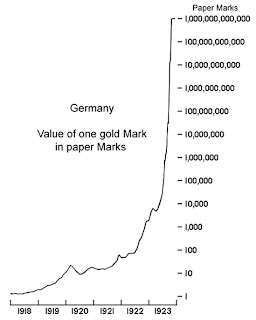WIKI: Check kiting
is the illegal act of taking advantage of the
float to make use of non-existent funds in a
checking or other
bank account
. It is commonly defined as writing a check from one bank knowingly with
non-sufficient funds
, then writing a check to another bank, also with non-sufficient funds, in order to cover the absence.
[1] The purpose of check kiting is to falsely inflate the balance of a checking account in order to allow checks that have been written that would otherwise bounce to clear.
[2]
Some forms of cheque fraud involve the use of a second bank or a third party, usually a place of retail, in order to delay the absence of funds in a transactional account on the day the cheque is due to clear at the bank, essentially
robbing Peter to pay Paul.
Such acts are frequently committed by broke or temporarily unemployed individuals or small businesses seeking emergency loans, by start-up businesses or other struggling businesses seeking interest-free financing while intending to make good on their balances, or by
pathological gamblers
who have the expectation of depositing funds upon winning. It has also been used by those who have some genuine funds in interest-bearing accounts, but who artificially inflate their balances in order to increase the
interest
paid by their banks.
Treasury Redeems A Gargantuan $643 Billion In Treasuries In April





